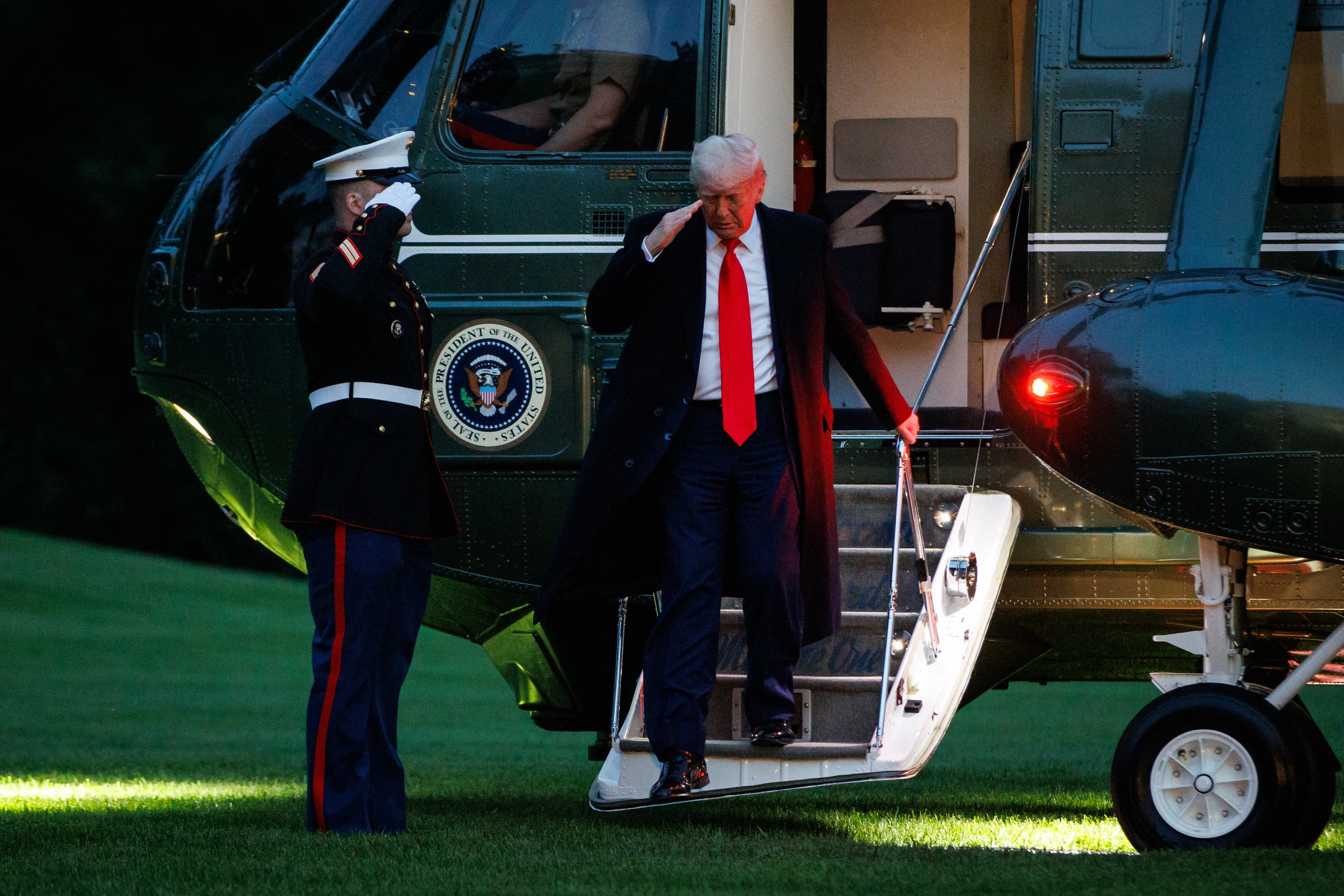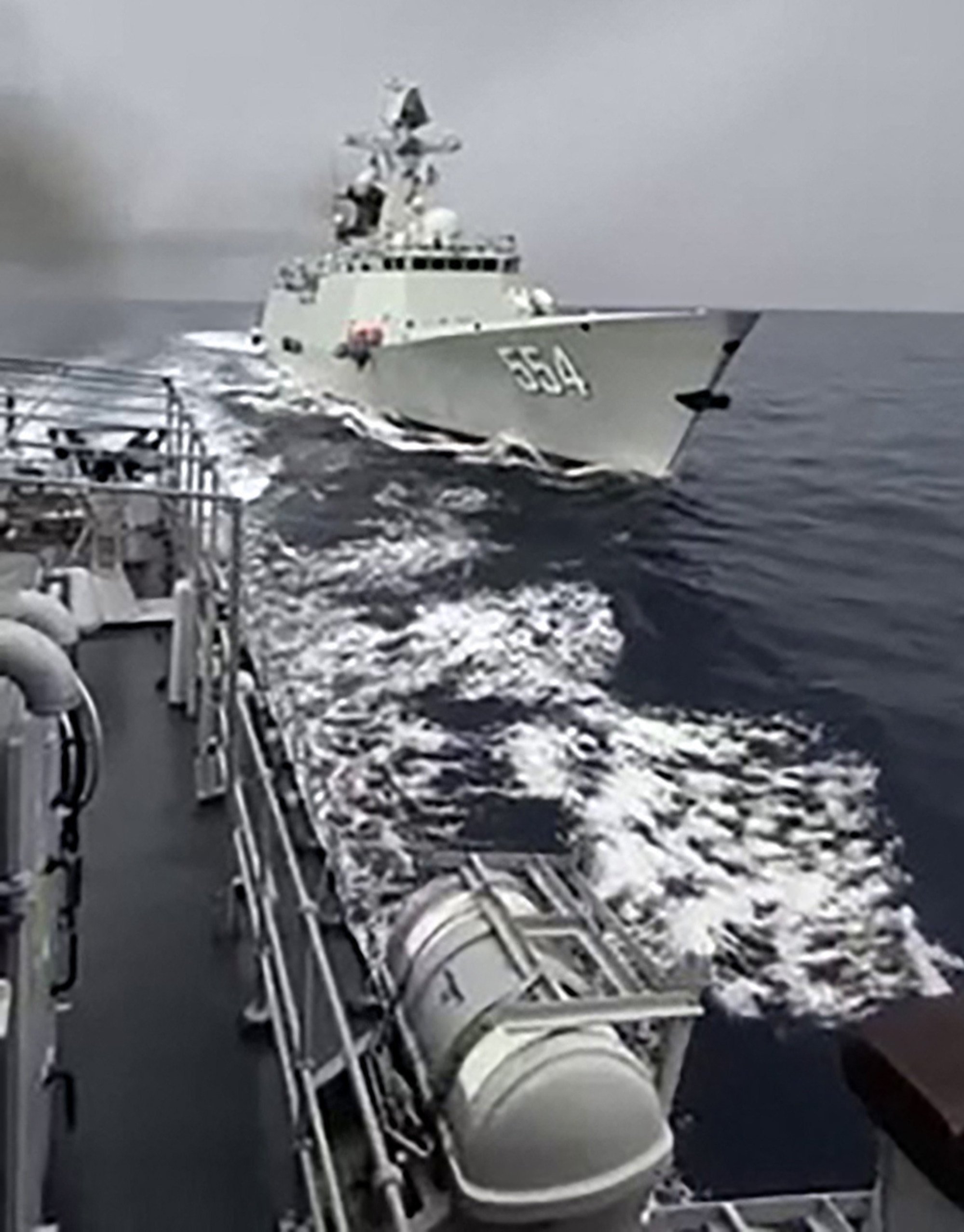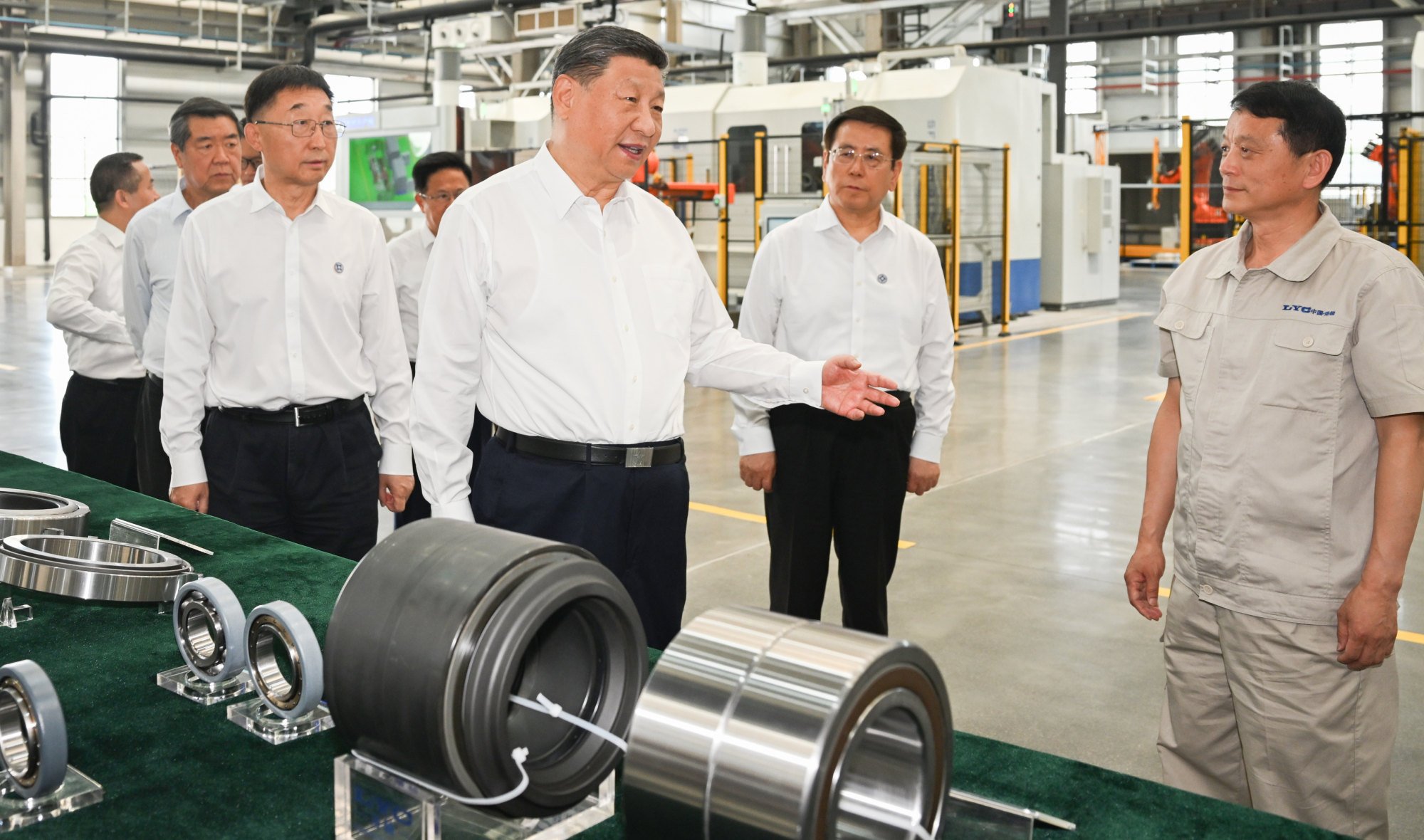Can the US be counted on for Asia security? Crisis report casts doubt, warns of arms race
Return of Trump and his America-first policy seen to be source of anxiety for many partners and allies

Chinese advancements and inconsistent signalling by the United States under Donald Trump’s presidency are stoking concerns among allies and partners in Asia that Washington may not be a reliable guarantor of regional security, according to a report.
This perception has led to increased militarisation across the region – a trend that was likely to intensify, stated the report by the independent non-profit International Crisis Group (ICG) this month.
Titled “Asia in flux: the US, China and the search for a new equilibrium”, the report called on Washington and Beijing to work together to manage the risk of unintended escalation which could generate a regional arms race.
This could be done by strengthening military communication channels and engaging in high-level strategic exchanges, it suggested, although it pointed to Trump’s “Liberation Day” tariffs as obstacles to diplomatic progress.
Speaking on Friday morning at an online event on the report, Huong Le Thu, Asia deputy programme director at the ICG said the current unpredictability in the geopolitical situation “is the new normal”.
“The return of President Trump and his America-first foreign policy has been a source of anxiety for many allies and partners in the region including Asia,” she warned.

Japan, South Korea, the Philippines and Australia will find themselves “in a very vulnerable position where security threats are growing but security reassurance is under question”, according to Le Thu.
This, she explained, would compel such countries to “update their defence policies, upgrade their capabilities, and invest in more acquisition and production” which would contribute to the reshaping of regional security.
Throwing allies ‘under the bus’
Turning to the South China Sea, Lee Sue-Ann, senior fellow and coordinator at the Singapore-based ISEAS-Yusof Ishak Institute said at the event that the matter had again become the top geopolitical concern.
“This issue has become a proxy issue for the US-China contestation in the region”, and could drag Southeast Asia into the conflict, she said.
“The way the Chinese see it is that the Philippines has become emboldened by the US and is drawing the US in a way that is provocative and destabilises the region,” Lee said.
“The region will need to seriously prepare to deal with an increasingly strong and potentially more assertive China without counting on the US for any security guarantees,” Lee said.
This may be due to Washington throwing its allies “under the bus” or the US asking countries to “pay a price that is far too costly” in choosing America, she added.
In recent months, the Philippines has been locked in numerous naval skirmishes with Beijing in the South China Sea.
This week, Manila and Washington held for the first time joint maritime exercises with naval and air force units in the South China Sea, Philippine armed forces said on Wednesday.
The drills, conducted on Tuesday in waters off Palawan and Occidental Mindoro, involved the Philippine Navy, Air Force and, alongside the US Coast Guard Cutter Stratton and a US Navy P-8A Poseidon maritime patrol aircraft.
The ICG report added that Beijing had tended to use its military might to press neighbouring countries to cede to its preferences in sovereignty disputes, at times in violation of international law.
“Yet Washington’s increasingly erratic words and deeds may be causing even more alarm,” it warned, noting that allies and partners questioned the reliability of America’s security commitments in view of Trump’s embrace of “America-first” policies.
While many of Trump’s top advisers have declared the US will cement its core relationships in Asia, the president himself has undercut such signals by questioning the value of ties with Japan, South Korea and Australia.
“US has also signalled disinterest in Taiwan beyond its semiconductor industry and deploying expansionist rhetoric that suggests he envisages a world in which big powers have a right to dominate their neighbourhoods that transcends international law,” the report said.
The administration’s imposition of sweeping tariffs on China and US allies alike last month also raised questions about America’s loyalties, the report added.
Suggesting that the two major powers needed to find a new equilibrium, starting by ending the trade war, the report said both Trump and Chinese leader Xi Jinping should agree to open new military and strategic channels for managing risks in the bilateral rivalry.

Trump might consider asking Xi to increase China’s imports of American energy and agricultural products, and urging Beijing to do more to crack down on the export of fentanyl precursors.
In return, Xi might express openness to increased Chinese investment in the US provided Chinese companies share some of their technological know-how with American counterparts, the report said.
“Trump should not suggest, though, that he would be willing to trade away Taiwan’s security or allow US alliances and partnerships in Asia to atrophy, lest he tempt Xi to test US resolve.
“A limited deal, or series of deals, would be more prudent than a grand bargain,” the report added.
China and various other countries had a slew of reciprocal tariffs slapped on them last month, before talks were held between the two major economic partners on May 12 to ease tensions over trade imbalances.
Beijing and Washington announced a trade truce, with the US dropping the extra tariffs it imposed on China to 30 per cent from 145 per cent, while China cut its levies to 10 per cent from 125 per cent.